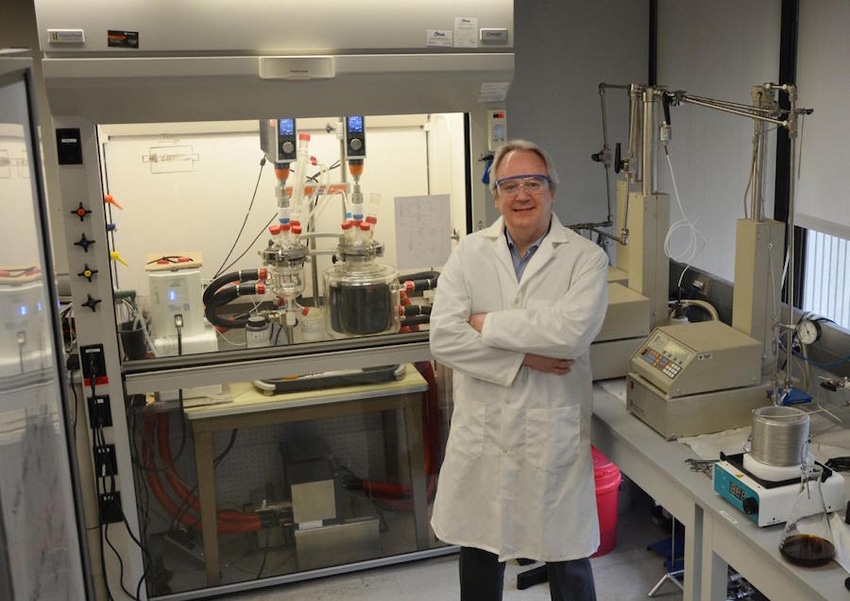Pitt, Lubrizol Collaborate on New Process Technology
March 8, 2018

Researchers from the University of Pittsburgh (Pitt) and chemical producer Lubrizol are teaming up in an $8 million effort to research new chemical process technologies over the next four years, the university announced Thursday.
“The focus is on novel process technology, i.e. our goal is to create the same products but much more efficiently. The U.S. has seen many incremental updates to technology over the years but very little real innovation,” said Dr. Götz Veser, professor of chemical and petroleum engineering at the university’s Swanson School of Engineering, in a statement. “Jointly with our industry partners, we are trying to show the chemical industry that it doesn’t have to lock itself into technology from the 1950’s and that we can implement new techniques without disrupting the entire economy.”
Funded by the chemical maker and the U.S. Department of Energy (DOE)’s Rapid Advancement in Process Intensification Deployment (RAPID), the team plans to assist Lubrizol in transitioning from batch processing of the oil additive succinimide to continuous processing. The change to tubular reactors will enable the company to improve the energy efficiency of the chemical and have greater control over the process.
“Batches are essentially big pots. You put in all the reactants, mix, heat, and pray. They can be as big as 50,000 gallon pots. Controlling this monster of ingredients is difficult. As a result, efficiency is low, and you can lose a whole batch if something goes wrong,” explained Dr. Veser.
Veser said the researchers will use Lubrizol’s pilot plant to examine the technology��’s effectiveness and will construct a full-scale extension plant if tests demonstrate its positive impact.
Another Veser-led project recently funded by the DOE will examine new methods of converting methane to benzene with researchers from Shell.
Click here for information about the upcoming International Powder & Bulk Solids Conference/Exhibition
For more news headlines, articles, and equipment reviews, visit our Equipment Zones
You May Also Like

